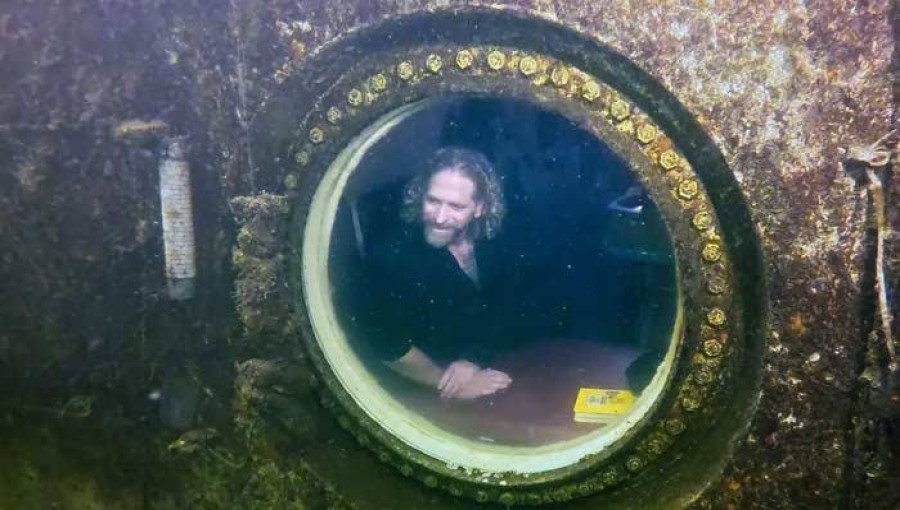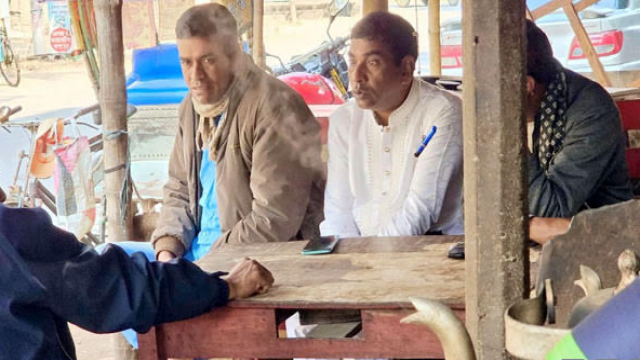Joseph Dituri, a retired Navy officer, has set a new world record by staying underwater in a submersible for 93 days as part of a study to monitor underwater biodiversity. His remarkable feat, conducted under the Atlantic Ocean, has also led to unexpected health benefits, including a significant reversal in biological aging.
Dituri's mission, aimed at observing underwater biodiversity, resulted in him surpassing the previous record for the longest continuous underwater stay. His extended submersion not only contributed valuable data to marine science but also provided a unique opportunity to study the effects of prolonged underwater living on human health.
Upon emerging from the submersible, Dituri underwent a series of medical examinations that yielded astonishing results. According to a report by British news outlet The Mirror, scientists and doctors found that Dituri's biological age had decreased by at least 10 years. This remarkable rejuvenation was evidenced by several key health indicators:
Telomeres, the protective caps on the ends of DNA strands that typically shorten with age, were found to be 20 percent longer in Dituri after his underwater stay.
Dituri's stem cell count showed a notable increase, suggesting enhanced regenerative capabilities.
His sleep quality improved significantly during the expedition.
Dituri's cholesterol levels dropped by 72 points, and the amount of inflammatory substances in his body was halved.
The findings from Dituri's underwater expedition could have profound implications for medical science and our understanding of aging. The unexpected health benefits observed in Dituri highlight the potential for unique environments to influence biological processes in ways previously unconsidered.
Joseph Dituri's record-setting underwater mission has not only advanced the study of marine biodiversity but has also opened new avenues for research into human health and aging. His experience suggests that the underwater environment could hold secrets to extending human healthspan, presenting exciting possibilities for future scientific exploration.































Comment: